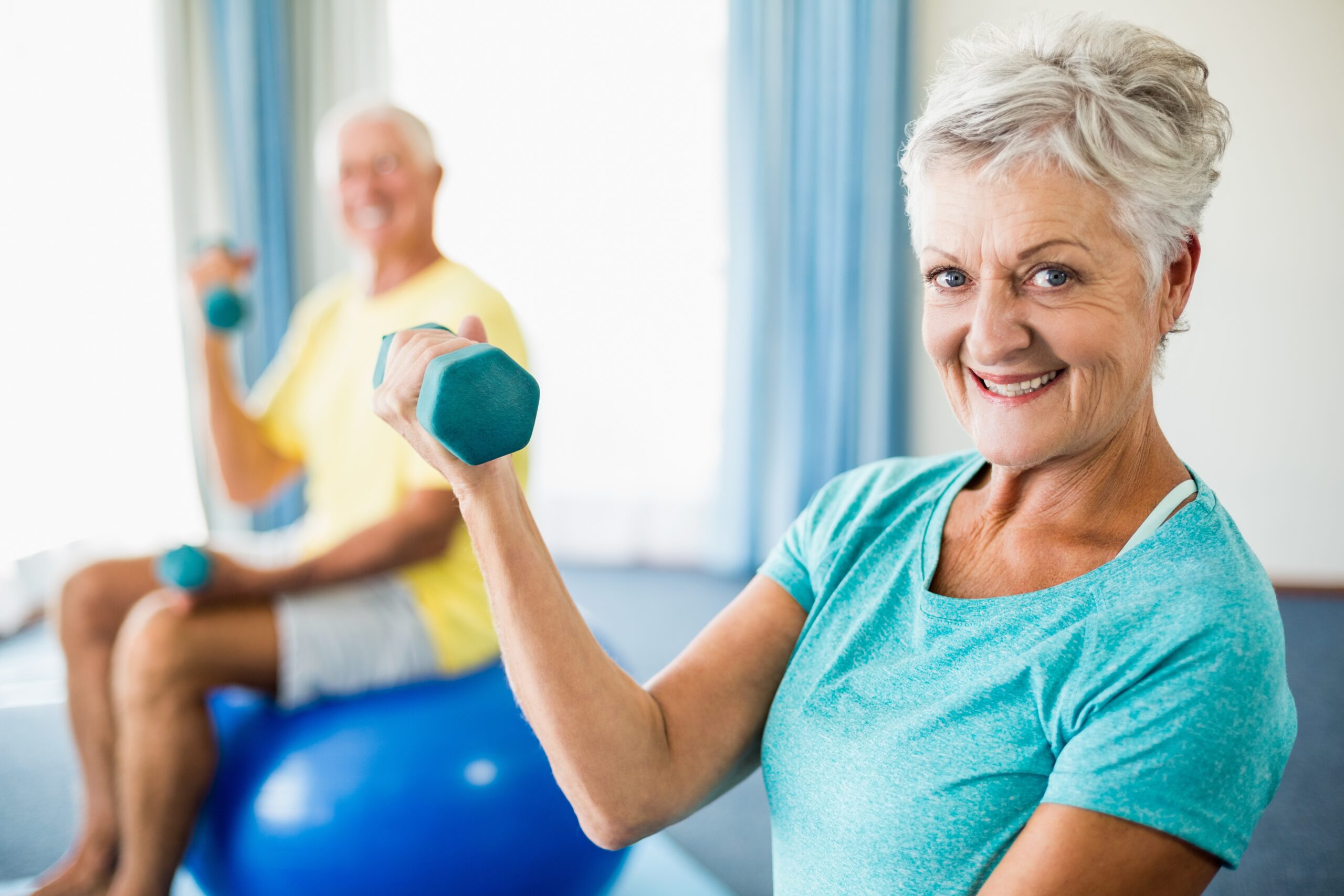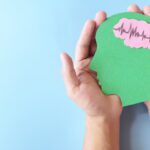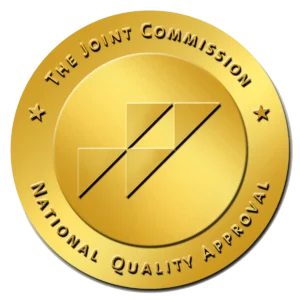Regular exercise and physical activity are important to the physical and mental health of almost everyone, including older adults. Being physically active can help you continue to do the things you enjoy and stay independent as you age.
It’s not a one-way street, either. Mind and body are often held to be completely separate entities, but when considering mental health and physical well-being, the two should not be thought of as disconnected. Poor physical health may lead to mental health problems. Conversely, poor mental health can have a negative impact on a person’s physical health.
A good example is psoriasis, an immune-mediated disease that causes red, scaly patches to appear on the skin. Research shows that “those living with psoriasis have a 39 percent increased risk of being diagnosed with depression than those without the disease, while the risk of an anxiety diagnosis is 31 percent higher.”
And there is a feedback loop. According to the National Psoriasis Foundation, “depression may actually increase the risk of developing psoriatic disease. A study published in the Journal of the European Academy of Dermatology and Venereology in September 2013 found that in severely depressed women in the United States, the risk of developing psoriasis may be nearly double that of those who are not depressed.”
Another example is chronic pain. As people grow older, their bodies stop working as well as they once did. Their muscles weaken, picking something up from the floor can trigger back spasms, aches and pains take a long time to abate. In some cases, the pain condition becomes chronic. Permanently recurring pain often takes a mental toll. Neuroscience shows that pain pathways terminate in areas of the brain responsible for anxiety, mood, sleep, energy, and irritability.
Chronic pain can become chronic stress that can affect the person’s entire well-being, including the mind. Frustration and disrupted sleep patterns escalate into depression which in turn inhibits motivation and mobility. Lack of exercise and feelings of depression tend to exacerbate the pain perception, eventually intensifying the depression.
Counterintuitively, appropriate exercise actually improves the pain. And physical exercise has been shown to elevate the mood of the practitioner. Successful completion of a fitness routine—however moderate—provides a sense of achievement and releases endorphins. These neurotransmitters are your body’s natural pain and stress fighters, interacting with the receptors in your brain that reduce your perception of pain.
Endorphins trigger positive feelings, sometimes even experienced as euphoric. This may lead to a more positive and energizing outlook on life. It’s a win-win situation: mobility and mood both improve, which in turn improves mood and mobility even more. The down spiral has been reversed.
This effect makes age-appropriate exercise invaluable for older adults. No need to run a marathon, but improving balance and maintaining muscle tone is advantageous at any age. When done correctly, exercise can help prevent injuries or mitigate their impact—in the case of falls for example.
At the same time, exercise can boost cognitive functioning. Advancing age is frequently associated with a decrease in cognitive abilities that ultimately affect an older adult’s quality of life. By improving cardio-vascular function, for example, exercise can check the adverse effects of aging on brain blood flow. Higher cardiorespiratory fitness has been “associated with lower rates of age-related decline in gray matter” in the brain and a “longitudinal study that followed cognitively normal older adults,” found that those who exercised three or more times per week were more likely to remain dementia free during the 6-year followup period, independent of other risk factors for dementia.”
It is important that medical professionals remember this connection. A hip fracture or a case of pneumonia should not eclipse the importance of maintaining a healthy mind. It is important to treat the whole person and not just a broken bone, especially in geriatric patients.






